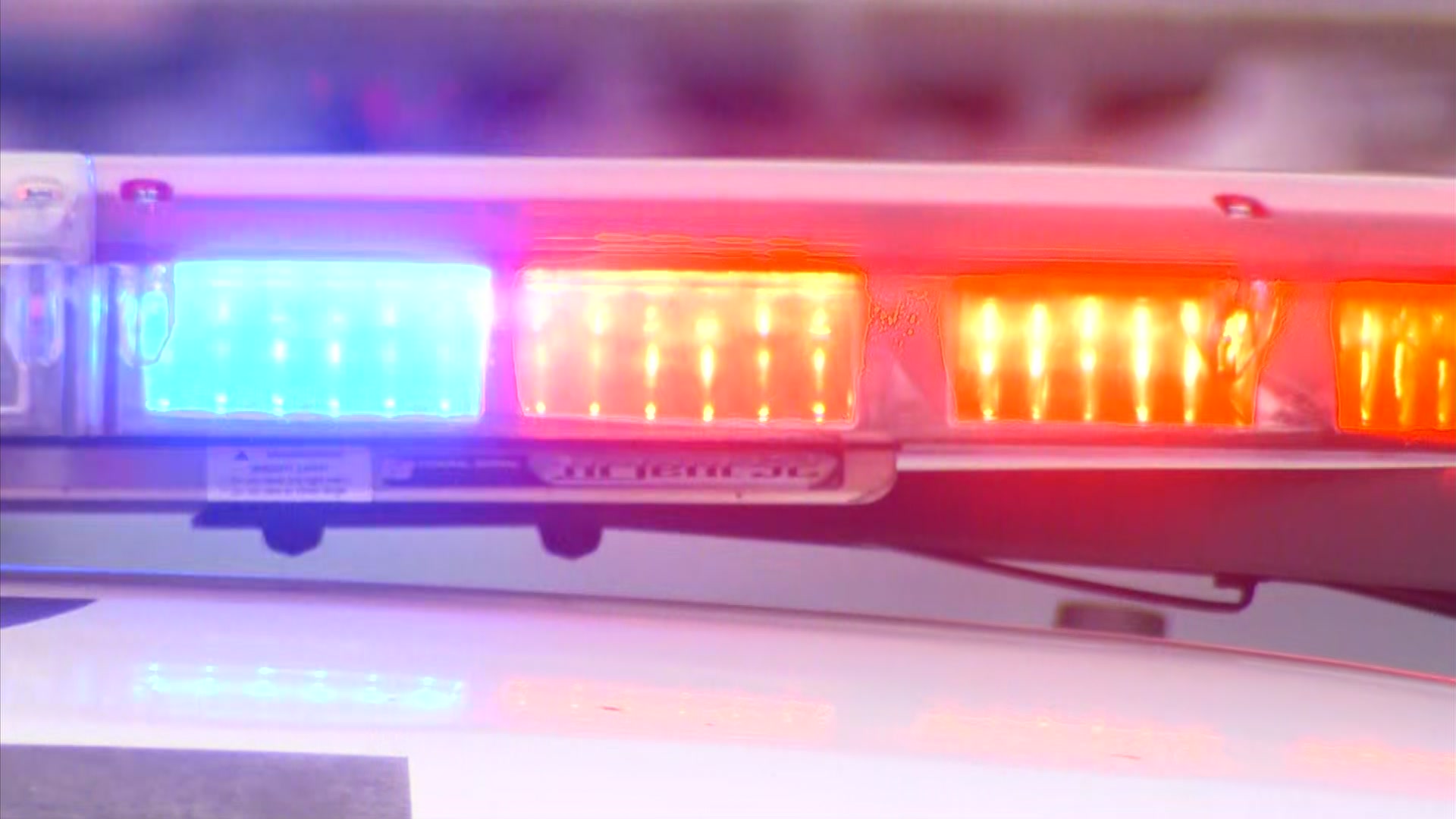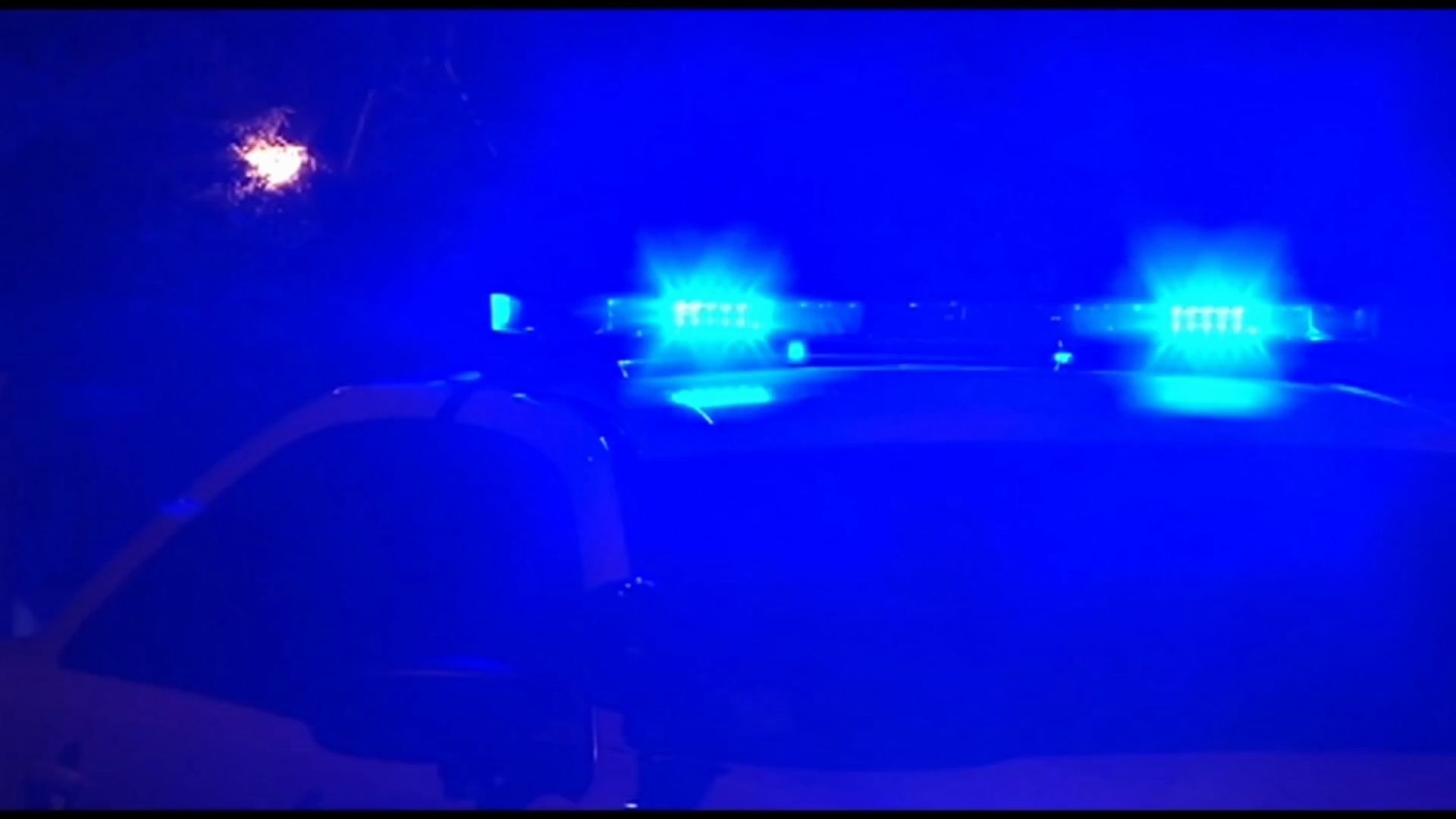The company behind the controversial gunshot detection technology ShotSpotter will begin removing its sensors across Chicago on Monday, hours after its contract expires with the city.
ShotSpotter will stop transmitting its data to Chicago police at midnight barring a last minute order or invention from Mayor Brandon Johnson. Hours before the contract was set to expire, Johnson issued a Request for Information to gather recommendations on first responder technology.
The process, however, could take months.
"He issues an RFI, this should have been done months ago," 36th Ward Ald. Gilbert Villegas said to NBC Chicago. "It will take anywhere from 3-4 months for RFI responses to be evaluated and months more before an RFP will be advertised. Once RFP is responded to by firms interested, tack on another 3-6 months. Poor planning once again."
The Chicago Police Department issued a statement on ending the use of ShotSpotter technology, saying, in part, "This does not change our commitment to public safety and building stronger neighborhoods for all of our residents."
"CPD frequently adjusts our public safety efforts based on the needs of our residents and the resources available to us. This is no different," the department said. "As we move forward, we remind residents to call 911 with as much information and detail as possible when they hear loud reports that could resemble gunfire. It’s imperative that we all do our part to keep our city safe and protect our families."
On Thursday, the device’s parent company, SoundThinking, said it would begin the process of removing some 2,000 sensors starting on Monday.
Local
The day prior, Johnson indicated he would veto a City Council effort aimed at keeping the technology.
Johnson was asked what he would do with the city funds that had been previously dedicated to ShotSpotter. He suggested that the city was interested in investing in other technology and communities he said had been historically underserved.
Feeling out of the loop? We'll catch you up on the Chicago news you need to know. Sign up for the weekly> Chicago Catch-Up newsletter.
“We're open to technology, but it has to be technology that works. So, it's not just simply about redirecting (funds). It's about making sure that the people of Chicago are getting what they're what they deserve,” Johnson told reporters Thursday.
An NBC 5 Investigates’ review on studies published on ShotSpotter show the reviews have been mixed.
An August 2021 study from the Chicago Office of Inspector General found that ShotSpotter “alerts rarely produce evidence of a gun-related crime, rarely give rise to investigatory stops and even less frequently lead to the recovery of gun crime-related evidence.”
Two months later, in October 2021, the Journal of Urban Health published a study that reviewed the impact ShotSpotter had on gun-related homicides, murder and weapons arrests in 68 metropolitan areas between 1999 and 2016. That study found “ShotSpotter technology has no significant impact on firearm-related homicides or arrest outcomes. Policy solutions may represent a more cost-effective measure to reduce urban firearm violence,” the study read.
During a council committee hearing earlier this month, former CPD Supt. Eddie Johnson and a corporate vice president from SoundThinking spoke to aldermen about the technology – pointing to newly released data compiled with the help of Chicago police and the City’s Office of Emergency Operations and Communications that showed between January and August of this year – ShotSpotter detected 29,829 “alerts” which led to the recovery of 29,214 shell casings and 470 firearms recovered.
It did not provide a specific breakdown on how many gun shots were detected per “alert” or if the guns recovered were in close proximity to where the shots were detected.
The data also purported that ShotSpotter alerts led to faster response times than caller-only reports of gunfire.



